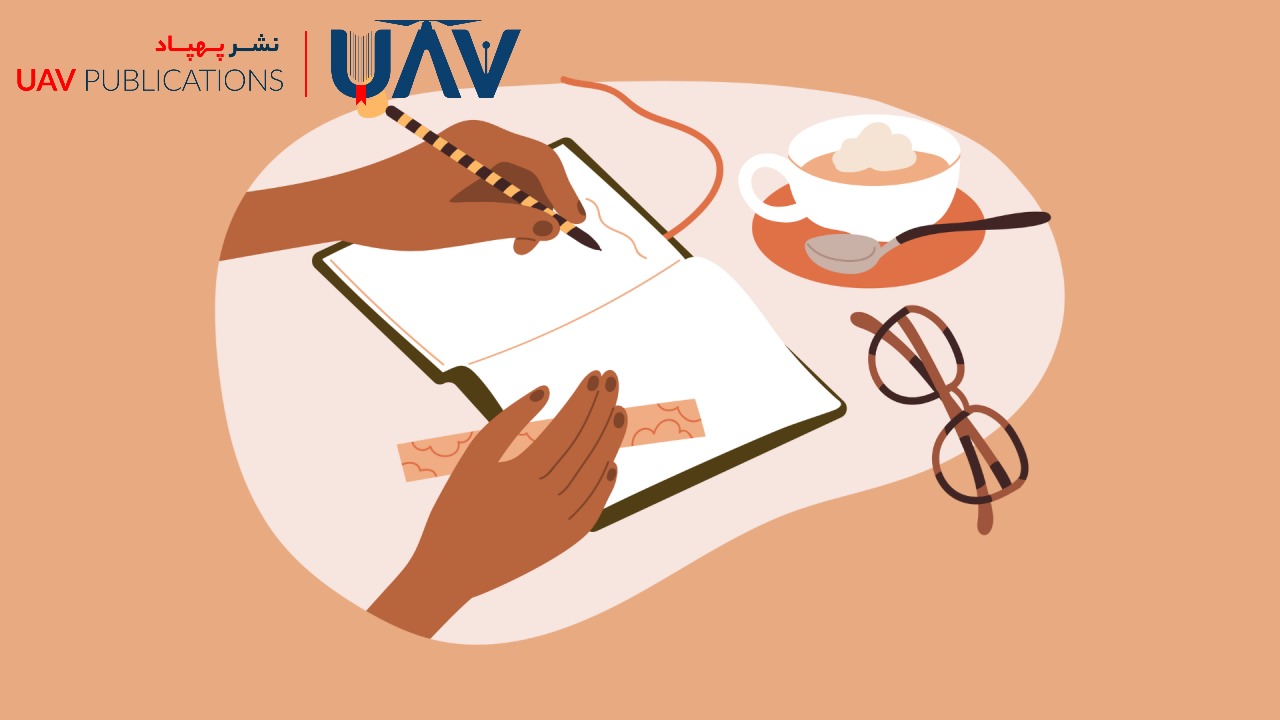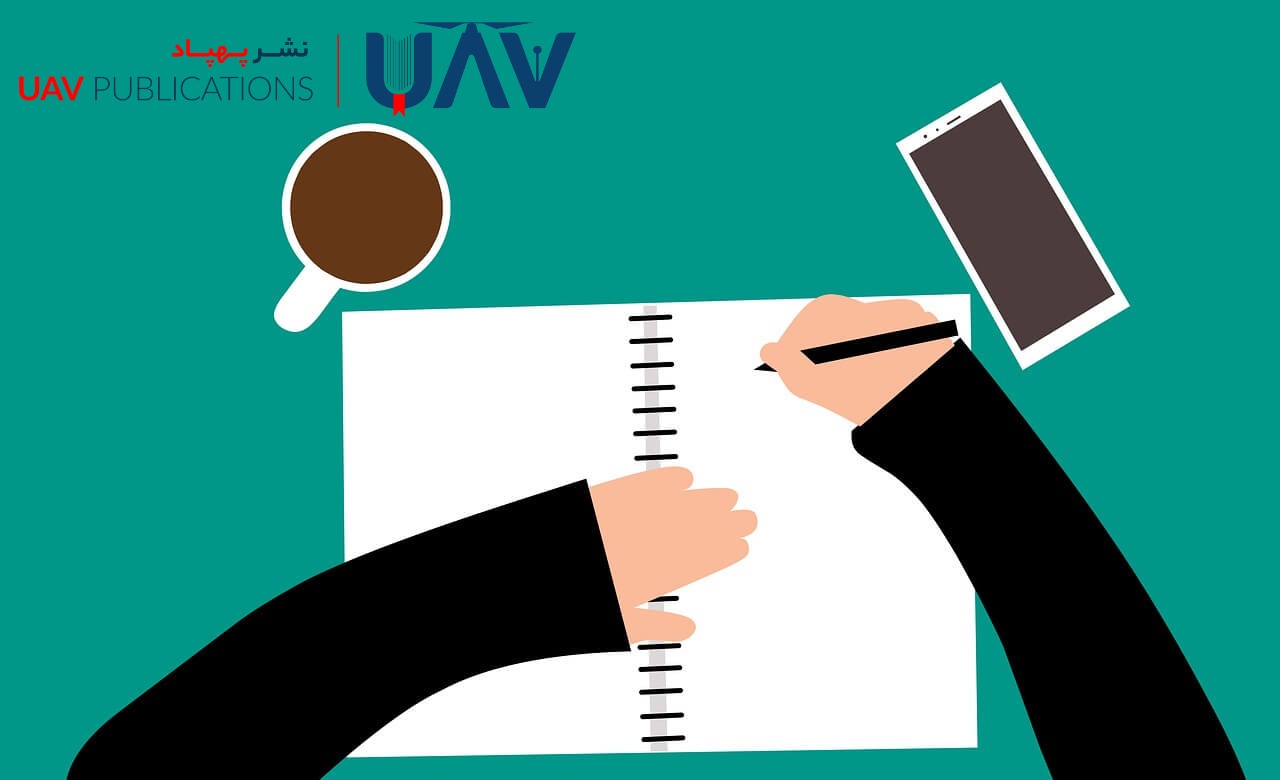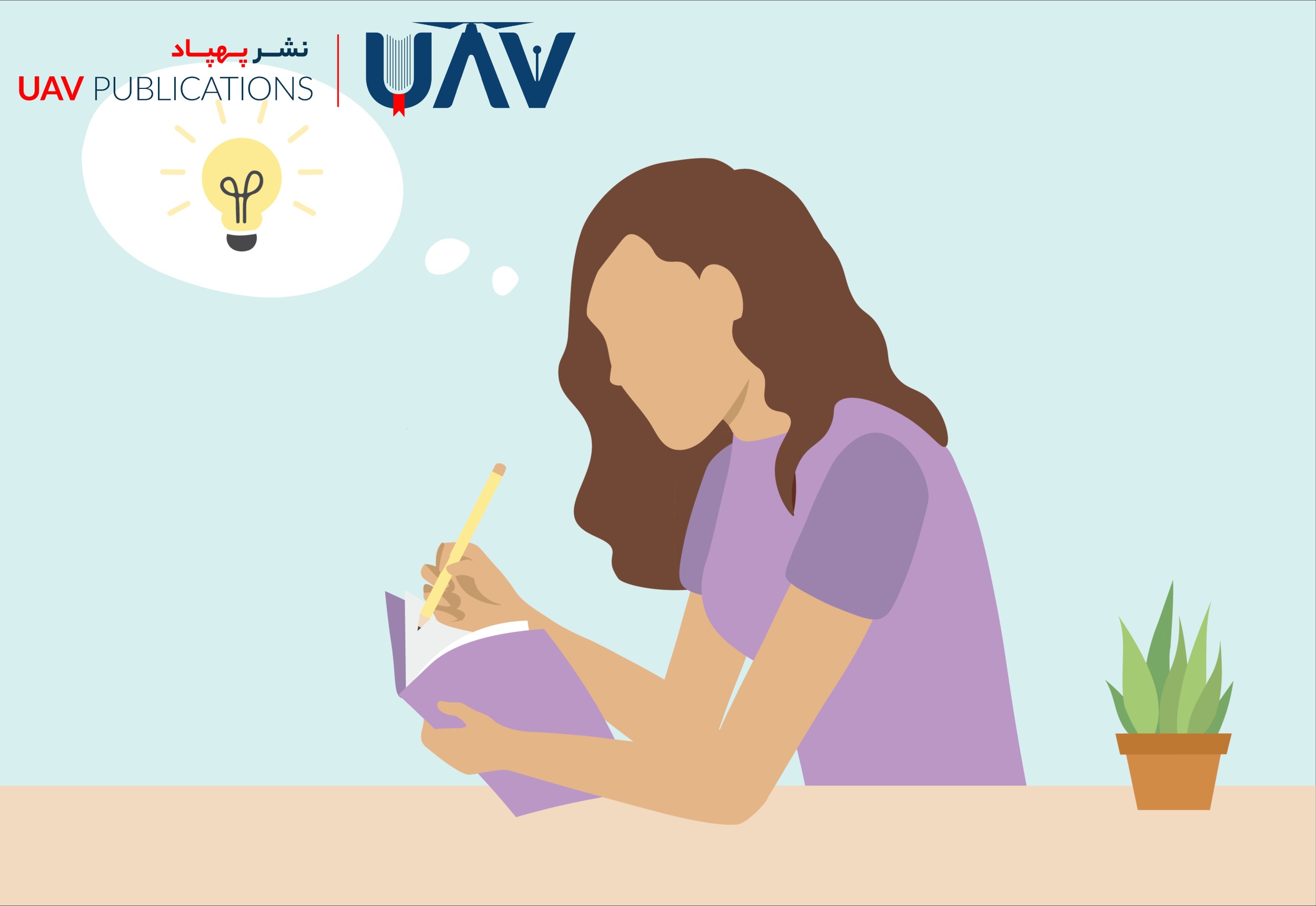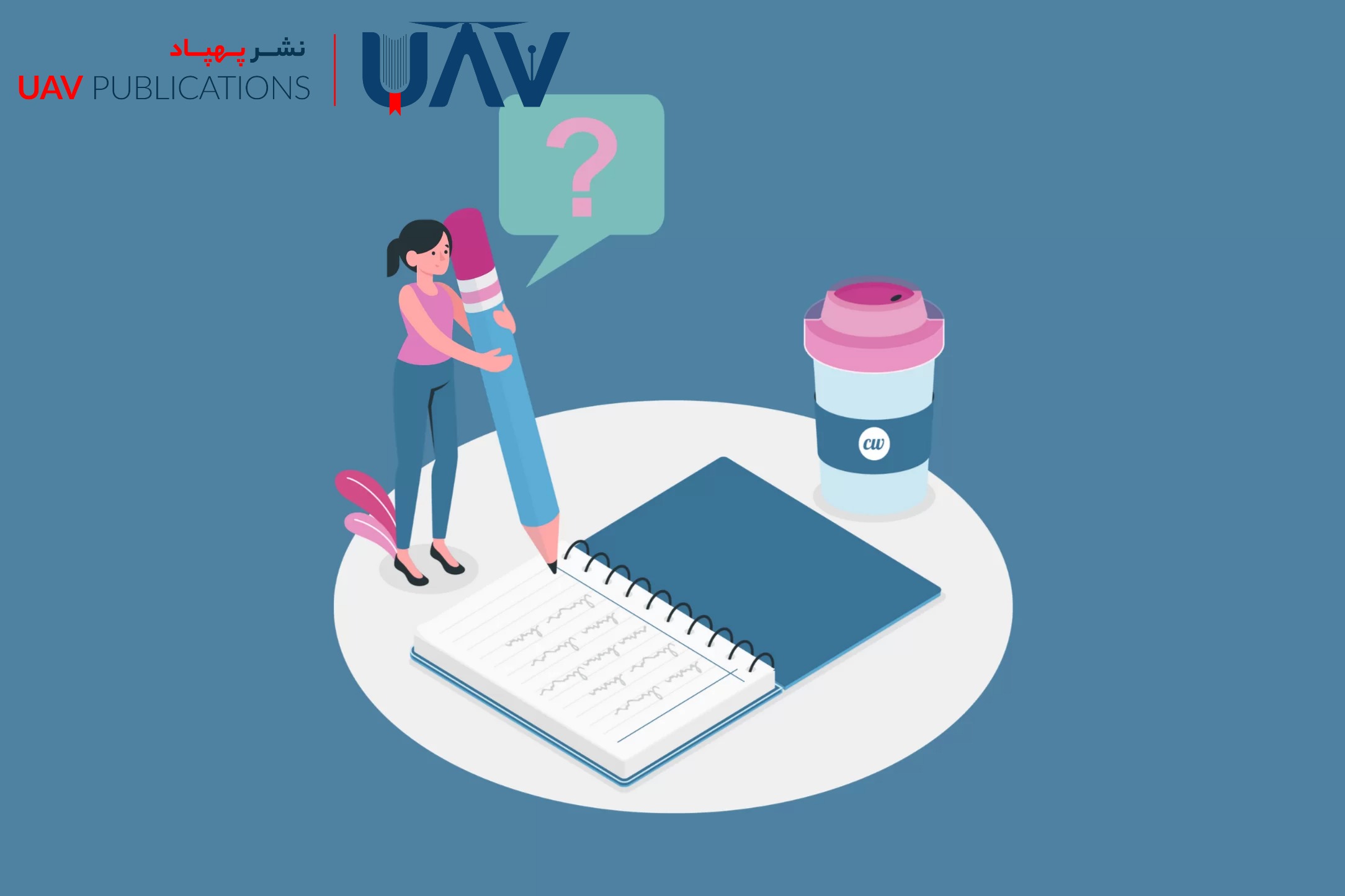What is Journaling? Why and How Should We Journal?
Many people assume journaling is merely keeping a diary, but it goes far beyond that. Journaling is the intentional and consistent act of writing down your thoughts, feelings, experiences—even your dreams and goals—in a way that helps foster self-awareness and manage your life more effectively. Unlike haphazard or sporadic entries, actual journaling follows a structured rhythm, whether daily or weekly, guiding you toward emotional regulation, mental clarity, and self-development.
By translating mental clutter into written words, journaling brings coherence to the mind’s scattered thoughts. Writing compels the brain to organize and process information, which leads to a sense of calm and clarity. Additionally, journaling has been shown to boost creativity, sharpen writing skills, and improve concentration. Most importantly, journaling is not limited to writers or specific individuals—anyone, regardless of writing ability, can benefit from this powerful practice.
The History of Journaling
Where did journaling come from? Its origins stretch back centuries. Figures such as Leonardo da Vinci, the Renaissance artist and scientist, and Benjamin Franklin, one of America’s Founding Fathers, were known to record their thoughts and ideas in personal notebooks. They recognized that regular writing improved learning, fostered clearer thinking, and preserved experience.

In earlier times, journals were often simple personal notebooks used for daily reflections or scientific records. Over the years, journaling has evolved into various forms, including goal-setting journals, mindfulness logs, and creativity journals that incorporate sketches and visual brainstorming. Today, while digital journaling tools are widespread, research continues to demonstrate that handwriting fosters a deeper cognitive engagement. The long tradition of journaling affirms it as a time-tested and potent method for self-discovery and personal growth.
The Benefits of Journaling
Why is journaling so frequently recommended? Its benefits are broad and scientifically supported. Chief among them is stress reduction. Writing down your thoughts and emotions serves as a release valve, helping ease anxiety and promote a greater sense of peace. Journaling also nurtures creativity—free, unfiltered writing unlocks the mind and encourages fresh ideas. Many successful writers, artists, and entrepreneurs integrate journaling into their creative processes.

Journaling also enhances memory and focus. Recording your thoughts and experiences forces your brain to recall and restructure information, thereby strengthening long-term memory. Ultimately, journaling is a powerful tool for self-reflection and growth. As you revisit your entries, you’ll begin to recognize patterns, assess your progress, and identify your strengths and areas for improvement, guiding you toward becoming your best self.
Journaling to Reduce Stress
One of the most researched and practical applications of journaling is stress and anxiety reduction. In our fast-paced and often overwhelming world, negative thoughts and psychological pressure can take a toll on our mental and physical health. Journaling offers an impactful yet straightforward solution. By transferring your thoughts to paper, you bring order to mental chaos, enabling clearer thinking and a calmer mind.
Scientific studies confirm that expressive writing—especially when practiced regularly and with intention—reduces cortisol levels, the hormone linked to stress, thereby improving emotional well-being. Journaling also helps you break down problems and generate practical solutions. In essence, it’s a form of internal dialogue that allows for deeper self-understanding and mental relief. Devoting just a few minutes a day can yield profound benefits in reducing stress and enhancing tranquility.
Journaling to Boost Memory
How does journaling strengthen memory? Writing regularly about your experiences and emotions activates cognitive processes in the brain. As you write, your brain organizes information, builds connections between ideas, and stores them more effectively. This supports the transition from short-term to long-term memory.

Moreover, rereading your journal entries reinforces memory retrieval and insight. For this reason, students and researchers often use journaling to deepen their learning and enhance recall. Since writing demands attention and precision, it naturally strengthens focus and concentration, skills that improve with repetition. Altogether, journaling elevates cognitive function and enhances your ability to retain and apply information.
Treating Overthinking with Journaling
Overthinking—constantly replaying negative thoughts or worries—is a common mental trap that leads to anxiety and diminished quality of life. Journaling offers a powerful remedy. When your mind is caught in a loop of troubling thoughts, writing them down helps extract and externalize them, turning abstract worries into tangible, manageable insights.
Through this process, you can analyze your thoughts more effectively, organize them logically, and develop sound solutions. Journaling also allows you to express emotions without fear of judgment, easing psychological pressure. Over time, consistent writing reveals negative thinking patterns and provides the opportunity to reframe or correct them. Recording positive moments and achievements further redirects mental focus toward the uplifting aspects of life. Thus, journaling becomes a vital tool for overcoming mental rumination and promoting emotional well-being.
Why Handwritten Journaling Is Better
Though digital tools make note-taking easy, handwritten journaling offers unique benefits that can’t be overlooked. Writing by hand activates various areas of the brain and strengthens the connection between hand and mind. This enhances memory retention, concentration, and comprehension. Psychological studies have shown that handwriting improves long-term memory and facilitates more meaningful learning. Unlike typing—a primarily mechanical task—handwriting requires active thought and engagement.

Additionally, writing on paper helps eliminate digital distractions. In a world dominated by screens and constant notifications, a physical journal creates a quiet space for deep focus and authentic self-connection. The tactile experience of pen and paper can also be inherently satisfying and motivating. If you’re looking for a richer, more rewarding journaling practice, consider starting with a notebook and pen.
What Supplies Do You Need for Journaling?
Starting a journaling habit doesn’t require fancy tools, but having the right materials can enhance your experience. Choose a good-quality notebook—ideally one with thick, bleed-resistant pages so your writing stays neat and legible. A comfortable pen with smooth, smudge-free ink is equally essential. Whether you prefer a gel pen, pencil, or fine-liner, what matters most is ease and comfort while writing.
Some people enjoy using colored pens or highlighters to emphasize important notes and spark creativity. Others personalize their journals with doodles, quotes, or decorative designs. These extras are entirely optional. The key is to make journaling simple, enjoyable, and stress-free so that it becomes a lasting habit.
Don’t Overthink Journaling
One of the biggest mistakes beginners make is putting too much pressure on themselves to write perfectly. But journaling isn’t about flawless writing—it’s about expressing your thoughts freely. Trying to be perfect can quickly drain your motivation. Instead, shift your mindset: allow your words to flow naturally and without self-censorship. You don’t need to write pages every day—sometimes a few honest lines are enough.
If you’re unsure what to write, start with simple prompts, such as “How did I feel today?” “What made me happy or upset?” “What is my goal for tomorrow?” These questions help guide your reflections. Remember, journaling should feel like a calming, personal ritual, not a chore. Embrace flexibility and permit yourself to be imperfect.
Journaling While Reading Books
How does journaling support deeper reading and learning? When you read, you’re exposed to a flood of ideas and information, much of which can be quickly forgotten. Writing key points, reflections, and questions in a journal helps organize and retain that information. By journaling alongside your reading, you clarify your understanding and draw connections across themes.

This process fosters active engagement and prevents passive reading. It sharpens critical thinking and analysis, making future reviews more effective. Your journal becomes a personalized reference that not only deepens your comprehension but also strengthens long-term retention. Ultimately, journaling transforms reading into a more mindful and impactful activity.
Journaling and Note-Taking from Articles
Taking notes from scholarly or technical articles can be challenging, but journaling makes it easier and more effective. Recording key insights, questions, and interpretations as you read creates a rich resource for later review and analysis.
This method enhances your ability to retain critical information and improves access to it when needed. Writing about complex concepts also deepens your understanding and reveals connections between ideas. For students, researchers, and professionals, journaling is essential for promoting organized and active learning. It refines analytical thinking and turns reading into a more intentional and fruitful endeavor.
Frequently Asked Questions About Journaling
What exactly is journaling, and why should I start?
Journaling is the regular act of writing down your emotions, thoughts, and daily experiences. It helps you gain a deeper understanding of yourself, track your life is journey, and manage stress more effectively. When done consistently, it offers clarity and emotional insight.
Do I have to journal every day?
Not at all. While consistency is helpful, daily entries aren not required. Journaling should feel natural, not forced—even a single line can be meaningful.
Should my journaling be perfect or grammatically correct?
Not. Journaling is about expression, not perfection. Do not worry about spelling or grammar—write freely and authentically.
When is the best time to journal?
Whenever it suits you, many prefer morning or nighttime journaling for reflection and calm, but the best time is when it naturally fits into your routine.
Is paper better than apps for journaling?
Both have merits. Paper offers tactile engagement and focus, while apps provide convenience and accessibility. Choose what best supports consistency for you.
What supplies should I get?
A notebook and a comfortable pen are all you need. Select tools that feel comfortable to use and make writing a more enjoyable experience.
What if I feel like I have nothing to write?
That is perfectly normal. Write anything—a feeling, a weather update, tomorrow's plan. The key is to keep writing, even briefly.
How does journaling reduce stress?
It helps unload your thoughts, making them less overwhelming. Writing brings order to chaos and fosters calmness, as well as effective problem-solving.
How does journaling support learning?
It activates your brain, enhances memory, and helps you process information deeply. Writing about what you learn makes it stick.
Is journaling hard to start?
Not if you keep it simple. You don't need to write perfectly or for a long time. Just begin with honest, small entries—and let it grow.

